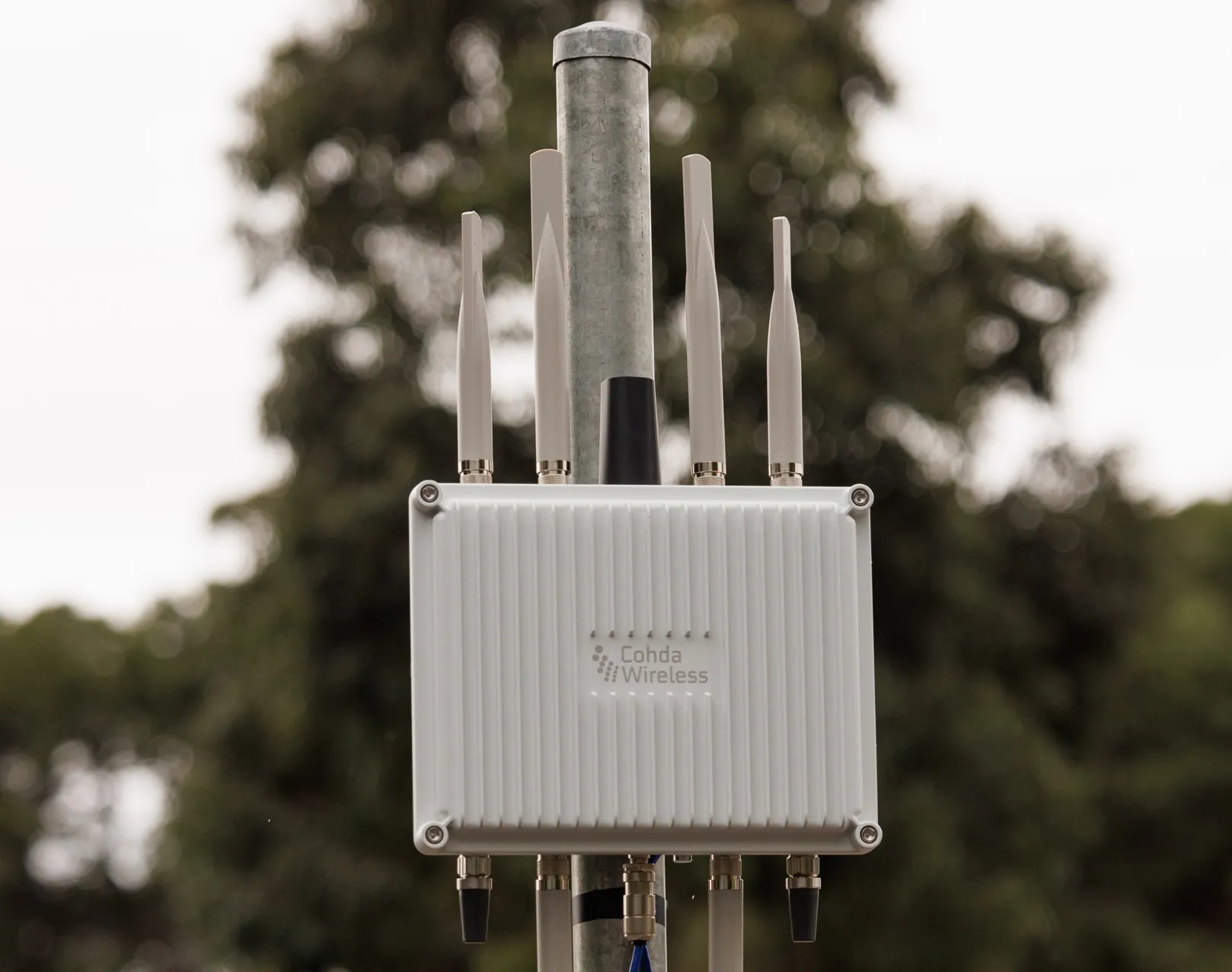Q-Free has been awarded three-year US$3.8 million contract for its OBU615 tags by Sociedad Concesionaria Autopista Central in Chile, starting in January 2015.
The compact OBU615 is designed to blend unobtrusively into the interior of any vehicle. New low-power technology ensures the lowest possible current draw while 5.8 GHz CEN-compliant DSRC processing. New signal discrimination technology enables an extended lifetime and immunity to radio frequency (RF) interference from the many kinds of wi-fi-enable
October 21, 2014
Read time: 1 min
The compact OBU615 is designed to blend unobtrusively into the interior of any vehicle. New low-power technology ensures the lowest possible current draw while 5.8 GHz CEN-compliant DSRC processing. New signal discrimination technology enables an extended lifetime and immunity to radio frequency (RF) interference from the many kinds of wi-fi-enabled devices to be found within or around the vehicle.
"We are pleased to win this highly competitive bid for tags in Chile with our new 615 tag, confirming its attractiveness in the marketplace. We see increasing interest in the market for this tag with advanced features," says Thomas Falck.










